
1984 by George Orwell Book Review Simple Guide to This Important Novel
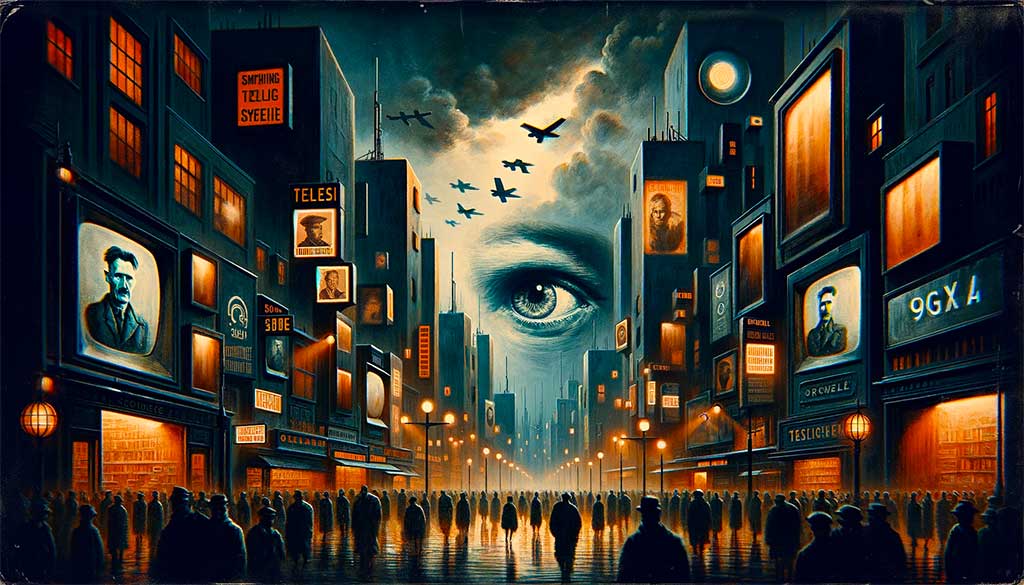
A Must-Read Book That Changed How We Think About Power
George Orwell‘s “1984” is a book that will shake you. Written in 1949, this story shows us a dark world where one person cannot think freely. Today, more than 70 years later, this book feels more real than ever. It is one of the most important books ever written, and every person should read it at least once in their life.
The Story in Detail
The story happens in 1984 in a country called Oceania. The government is ruled by “Big Brother” – who might not be real, just an idea to scare people.
Winston Smith, age 39, works at the Ministry of Truth. His job is to lie all day. He changes old newspapers to match what the government wants people to believe. If chocolate rations go down, he must change all records to say they went up.
The government watches everyone through telescreens – screens in every room and street that you cannot turn off. They watch and listen all the time. Children spy on parents. Neighbors spy on neighbors.
Winston hates this life but must pretend to love Big Brother. Every morning, people do exercises in front of telescreens. Every day, they attend “Two Minutes Hate” where they scream at government enemies. Winston pretends, but dreams of freedom.
Then Winston meets Julia from his workplace. She seems to love the government, so Winston thinks she might be a spy. But one day, Julia gives him a note saying “I love you.” Everything changes.
Winston and Julia start a secret love affair. They meet in hidden places away from telescreens. Julia brings real coffee and chocolate – rare treats most people never taste. For the first time in years, Winston feels human.
But their happiness cannot last in this dark world.
The World Orwell Created
Orwell built a world that feels completely real, and that is what makes it so frightening. In Oceania, the government controls everything. They control what you eat, where you work, who you can love, and even what you can think.
The government has four ministries. The Ministry of Truth spreads lies. The Ministry of Peace wages war. The Ministry of Plenty creates shortages. The Ministry of Love tortures people. These names are the opposite of what these places actually do. This is called “doublethink” – holding two opposite ideas in your mind at the same time.
The government also controls language. They created a new language called “Newspeak” that has fewer words every year. The idea is simple: if people do not have words for freedom, they cannot think about freedom. If there is no word for rebellion, people cannot rebel.
History does not exist in this world. The government changes the past whenever they want. If they are at war with one country today, they change all the records to show they were always at war with that country. People must believe whatever the government tells them, even if it contradicts what they believed yesterday.
The slogan of this government is: “War is Peace. Freedom is Slavery. Ignorance is Strength.” These statements make no sense, but people must believe them anyway.
Why This Book Matters Today
When Orwell wrote “1984,” he was warning us about dangers he saw in his own time. He had lived through World War II and seen how governments could lie to their people and control them through fear. He was worried about the rise of totalitarian governments in places like Soviet Russia and Nazi Germany.
But Orwell’s warnings are still important today, maybe more important than ever. Every day we see examples of things from “1984” happening in our real world.
Governments around the world spy on their citizens through phones, computers, and cameras. Social media companies collect information about everything we do online. Some countries block websites and control what information their people can see. Politicians lie about facts and try to change history to make themselves look better.
We see “doublethink” everywhere. Politicians say one thing and do another. Companies claim to care about the environment while polluting it. People believe two opposite things at the same time without seeing the contradiction.
Fake news spreads faster than truth. Some people cannot tell the difference between real news and lies. This is exactly what Orwell feared – a world where truth becomes meaningless because people cannot agree on what is real.
The words Orwell invented are now part of our everyday language. When we talk about “Big Brother,” everyone knows we mean someone who watches and controls us too much. “Thought Police” describes people who try to punish us for having the wrong opinions. “Orwellian” means something that sounds like it came from his scary world.
The Characters and Their Struggles
Winston Smith is not a hero in the traditional sense. He is weak, sick, and scared. He is not brave or strong or handsome. This makes him more real and more like us. Winston represents every ordinary person who has ever felt powerless against a big system.
Winston’s struggle is internal as much as external. He knows the government is lying, but he has to pretend to believe the lies. He hates Big Brother, but he has to pretend to love him. This constant pretending slowly destroys his mind and soul.
Julia is different from Winston. She is younger and more practical. She does not care about big political ideas. She just wants to enjoy life and have some freedom in small ways. She rebels by having love affairs, eating good food, and wearing makeup – all things the government forbids.
The relationship between Winston and Julia shows us what love means in a world without freedom. Their love is an act of rebellion because the government wants to control even their most private feelings. When they make love, they are fighting against Big Brother.
But the most important character might be O’Brien, a man Winston thinks is part of a secret rebellion against the government. O’Brien represents the terrible power of the state to crush the human spirit. What happens between Winston and O’Brien in the final part of the book is one of the most frightening and powerful scenes in all of literature.
The Writing and Style
Orwell was a master of clear, simple writing. He believed that good writing should be like a window pane – clear and invisible, so you can see through it to the meaning underneath. He does not use fancy words or complicated sentences. Every word has a purpose.
This simple style makes the book easy to read, but it also makes the horror more powerful. When terrible things happen, Orwell describes them in calm, simple language. This makes them seem even more frightening because they sound so normal and matter-of-fact.
Orwell also knew how to create atmosphere. You can feel the coldness of Winston’s apartment, taste the bad food, and smell the dirty streets. The world of “1984” becomes real in your mind because Orwell pays attention to all these small details.
The book is divided into three parts. The first part introduces us to Winston and his world. The second part shows us his love affair with Julia and his brief taste of happiness. The third part shows us what happens when the government catches them. Each part has a different mood, but they all work together to tell one powerful story.
The Ideas Behind the Story
“1984” is not just an exciting story – it is also a book of ideas. Orwell was trying to teach us important lessons about power, freedom, and human nature.
One of the main ideas is that power corrupts people. The Party in “1984” does not want power to help people or make the world better. They want power for its own sake. As O’Brien tells Winston, “The object of power is power.” This is a warning about what happens when people get too much control over others.
Another important idea is the relationship between language and thought. Orwell believed that if you control language, you can control how people think. This is why the government in “1984” tries to make the language smaller and simpler. They want people to have fewer words so they will have fewer thoughts.
The book also explores the nature of truth. In Winston’s world, truth is whatever the Party says it is, even if it changes from day to day. This makes people confused and helpless. If you cannot agree on basic facts, how can you resist lies and propaganda?
Orwell was also interested in how totalitarian governments use fear to control people. In “1984,” everyone is afraid all the time. They are afraid of being watched, afraid of being reported, afraid of being punished. This fear makes them willing to give up their freedom in exchange for safety.
The Impact and Legacy
“1984” became famous immediately after it was published, and it has never lost its power. The book has been translated into almost every language in the world. It has been made into movies, TV shows, radio plays, and stage productions. It is taught in schools and universities everywhere.
The book has influenced countless other writers, filmmakers, and thinkers. Many other stories about dystopian futures owe a debt to Orwell’s vision. Movies like “The Matrix,” “V for Vendetta,” and “The Hunger Games” all echo themes from “1984.”
But more importantly, “1984” has influenced how we think about politics and society. When people worry about government surveillance, they often quote Orwell. When politicians lie or try to rewrite history, critics call their behavior “Orwellian.” The book has given us a vocabulary for talking about the dangers of totalitarianism.
In recent years, sales of “1984” have increased dramatically whenever people feel worried about government power or the spread of misinformation. This shows that Orwell’s warnings are still relevant and still frightening.
Why You Should Read This Book
“1984” is not an easy book to read emotionally. It is dark, depressing, and frightening. The ending is not happy. But these are exactly the reasons why you should read it.
This book will make you think differently about freedom. Most of us take our freedoms for granted. We assume we will always be able to speak our minds, read what we want, and love who we choose. “1984” shows us what life would be like without these freedoms. It makes us appreciate what we have and want to protect it.
The book will also make you more aware of lies and propaganda in your daily life. Once you understand how the Party in “1984” manipulates people, you will be better at spotting similar tricks in the real world. You will be more skeptical of politicians who change their stories, more careful about believing everything you read online, and more protective of your privacy.
“1984” will teach you to value truth. In a world full of fake news and alternative facts, Orwell’s message about the importance of objective truth is more relevant than ever. The book shows us what happens when truth becomes meaningless, and why we must fight to preserve it.
Finally, this book will give you hope. Yes, Winston’s story ends badly. But Orwell wrote this book as a warning, not a prediction. He wanted to show us the worst that could happen so we would work to prevent it. Every time someone reads “1984” and decides to defend freedom and truth, Orwell’s warning does its job.
Final Thoughts
“1984” is more than just a book – it is a tool for understanding our world. It is a warning about the future, a critique of the present, and a call to action. George Orwell gave us a gift: he showed us our worst possible future so we could choose a better one.
The world of “1984” has not come true, at least not completely. We still have freedoms that Winston Smith could only dream of. But some parts of Orwell’s vision are becoming real, and that should worry us. The price of freedom is constant vigilance, and “1984” helps us stay vigilant.
This book will challenge you, frighten you, and change you. It will make you think about power, truth, and freedom in new ways. It will make you a better citizen and a more thoughtful person.
Read “1984.” Read it carefully. Read it more than once. Share it with others. Discuss it. Think about it. And most importantly, remember its lessons when you make decisions about the kind of world you want to live in.
Rating: ⭐⭐⭐⭐⭐
George Orwell’s “1984” is not just one of the best books of the 20th century – it is one of the most important books ever written. In our age of surveillance technology, political polarization, and information warfare, Orwell’s warnings are more urgent than ever. This book belongs on every bookshelf and in every mind that values freedom.

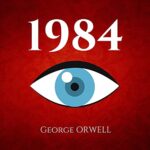
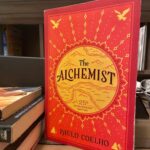
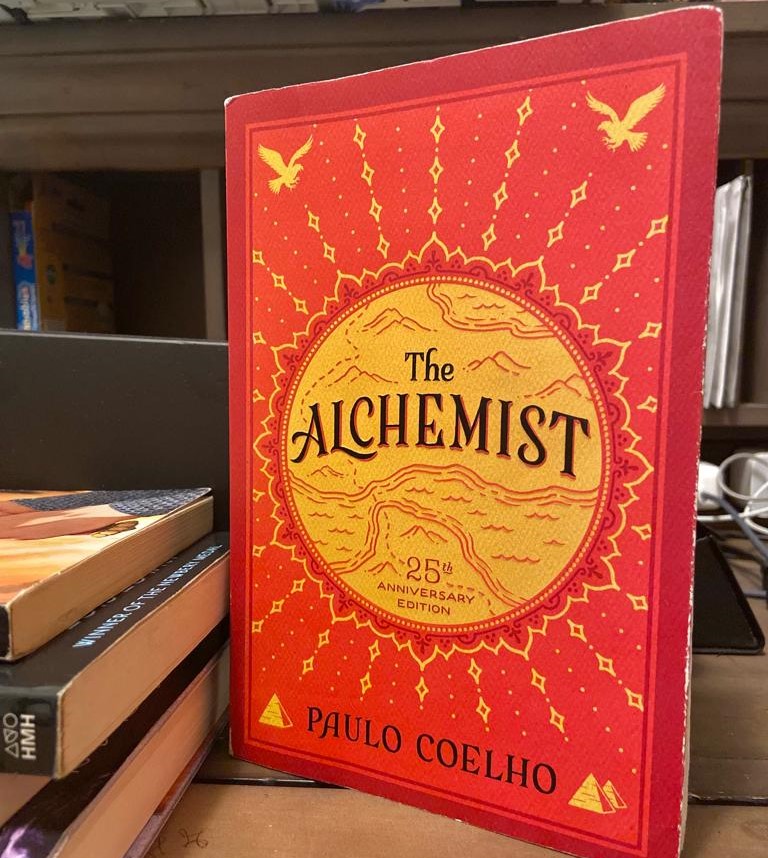
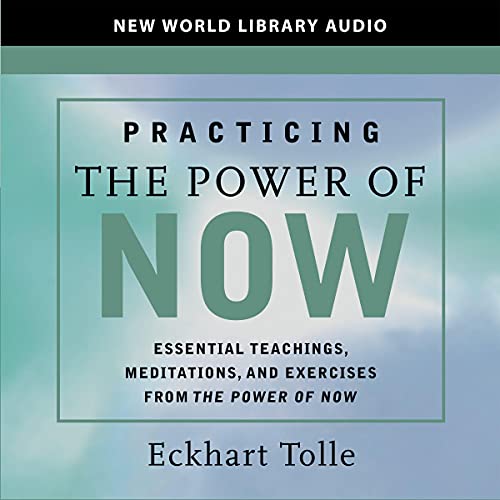
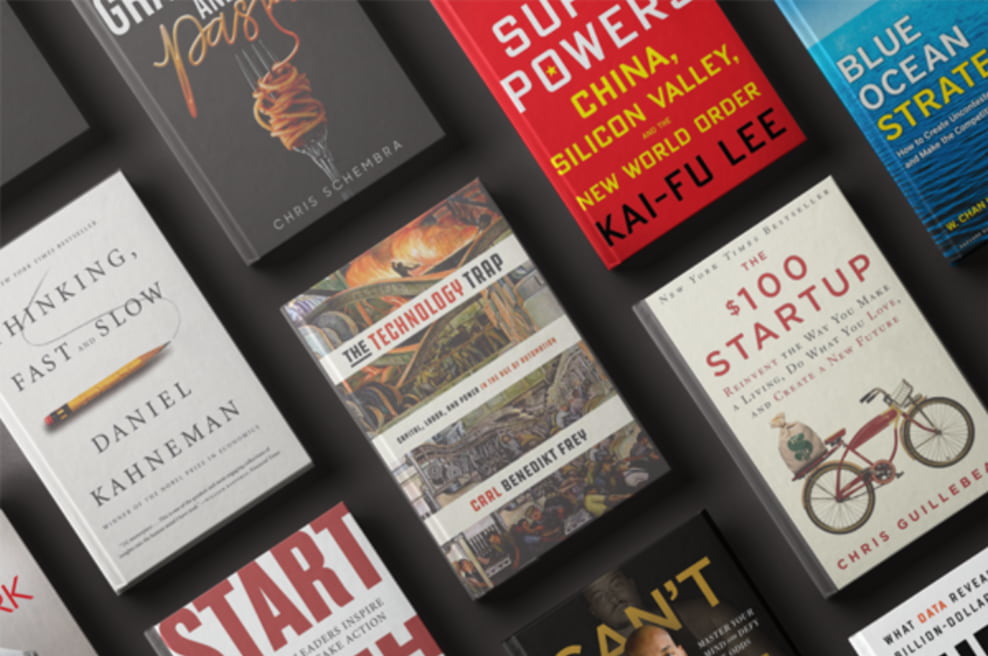
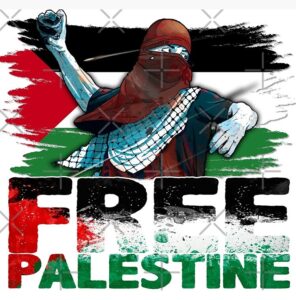




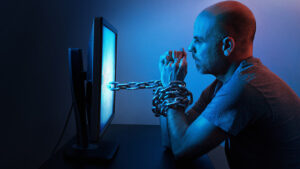


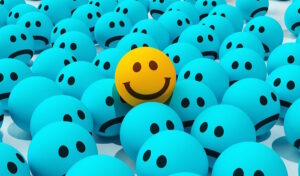
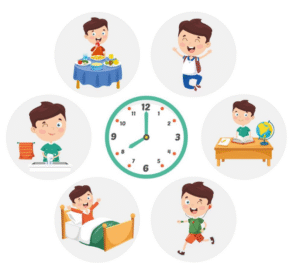
Post Comment